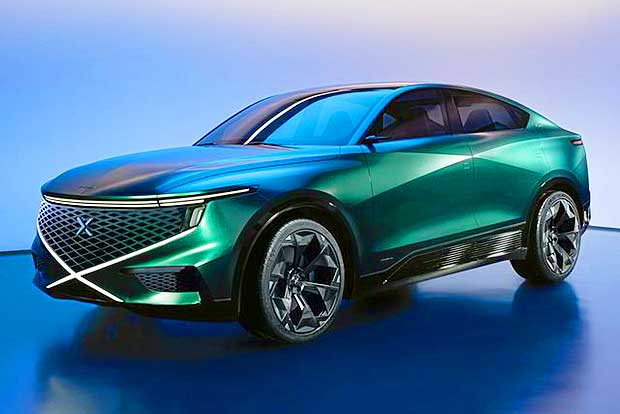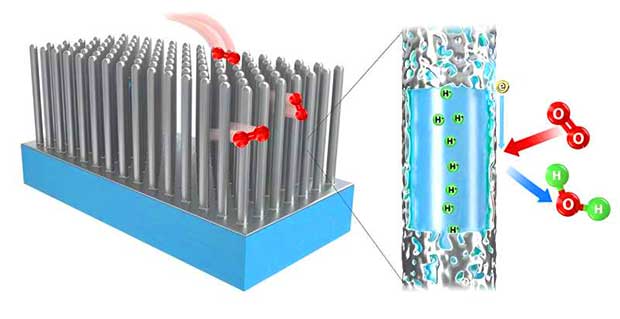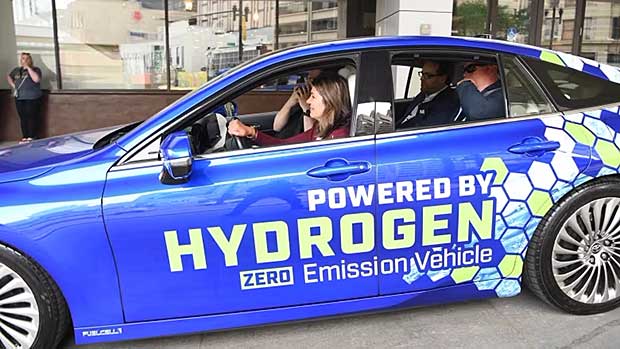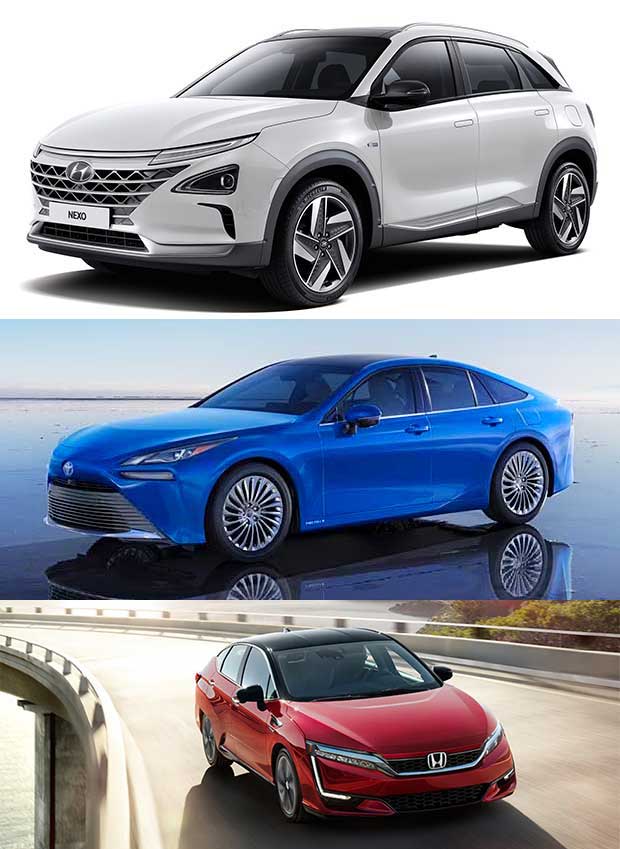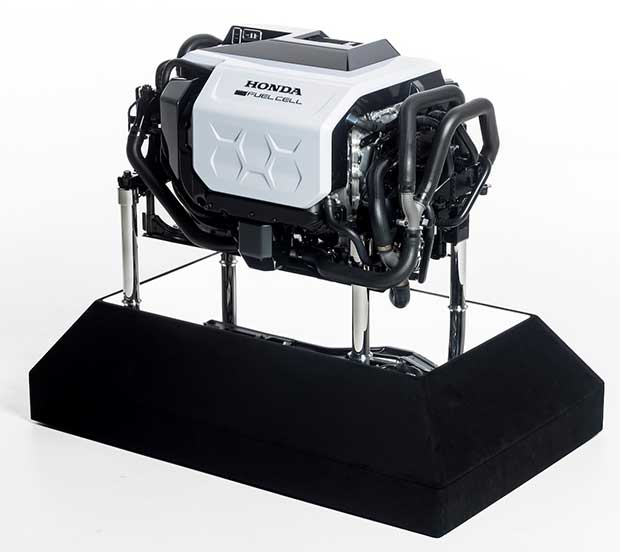In Stuttgart, Germany, Bosch is embarking on the era of hydrogen-powered mobility. At its Stuttgart-Feuerbach facility, the renowned provider of cutting-edge technology and services has taken a significant step forward by commencing large-scale production of its fuel-cell power module....
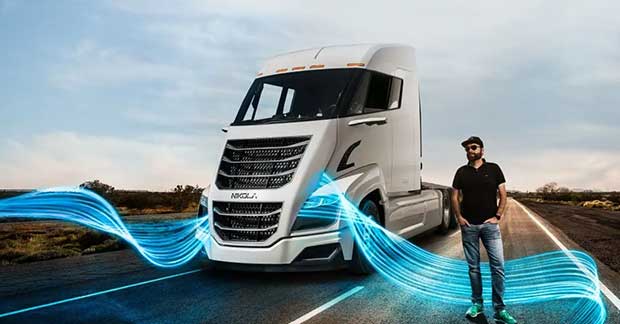
In Stuttgart, Germany, Bosch is embarking on the era of hydrogen-powered mobility. At its Stuttgart-Feuerbach facility, the renowned provider of cutting-edge technology and services has taken a significant step forward by commencing large-scale production of its fuel-cell power module.
Nikola Corporation, a prominent U.S.-based company, will serve as the pioneering customer, deploying Bosch’s innovative module in its Class 8 hydrogen fuel cell electric truck. North American customers can expect to see this groundbreaking vehicle in the third quarter of 2023.
At the Bosch Tech Day 2023 held in Stuttgart-Feuerbach, Dr. Stefan Hartung, the chairman of the board of management of Robert Bosch GmbH, expressed enthusiasm for the impending hydrogen future. He confidently stated, “Here in Stuttgart-Feuerbach, in the plant whose history goes back further than any other Bosch plant, the hydrogen future is about to happen. Bosch knows its way around hydrogen, and Bosch is growing with hydrogen.”
Bosch is fully engaged in all aspects of the hydrogen value chain, actively working on advancing technology for both hydrogen production and its practical applications. Looking ahead to the future, the company has set ambitious goals, with a vision to achieve approximately 5 billion euros in sales from hydrogen technology by the year 2030.
In the realm of the hydrogen economy, Bosch is leveraging its extensive global manufacturing network and the expertise of its German facilities. For instance, the fuel-cell stack for the Feuerbach factory will be provided by the Bosch plant in Bamberg, Germany. Additionally, essential system components like the electric air compressor and the recirculation blowers are sourced from the Bosch plant in Homburg, Germany.
Markus Heyn, who’s a member of the Bosch board of management and chairman of Bosch Mobility, said,”Bosch is one of the very few companies that are capable of mass producing technology as complex as fuel-cell stacks. We don’t just have the required systems expertise, but also the capability of quickly scaling up new developments to mass production.”
Not only is the production of the fuel-cell power module commencing in Feuerbach, but it is also starting in Chongqing, China. The essential components for the module will be sourced from the Wuxi plant. Stefan Hartung also said, “Bosch is the first company to produce these systems in both China and Germany.”
Furthermore, Bosch has strategic plans to produce stacks for mobile applications at its U.S. facility located in Anderson, South Carolina. On a global scale, the company anticipates that by the year 2030, one out of every five new trucks weighing six tons or more will incorporate a fuel-cell powertrain.
Bosch is actively contributing to the advancement of the hydrogen economy and recognizes the responsibilities policymakers have in this transition. The company firmly believes that only through hydrogen can a climate-neutral world be achieved.
Consequently, Bosch is strongly advocating for the establishment of a hydrogen economy and is significantly increasing its investments in hydrogen-related technologies. Over the period from 2021 to 2026, Bosch plans to invest close to 2.5 billion euros in the development and production of its H2 technologies, surpassing the initial investment plan for 2021 to 2024 by an additional billion euros.
Citation
The post Bosch Starts Production of Fuel Cells for Nikola Truck first appeared on Hydrogen Cars Now.





